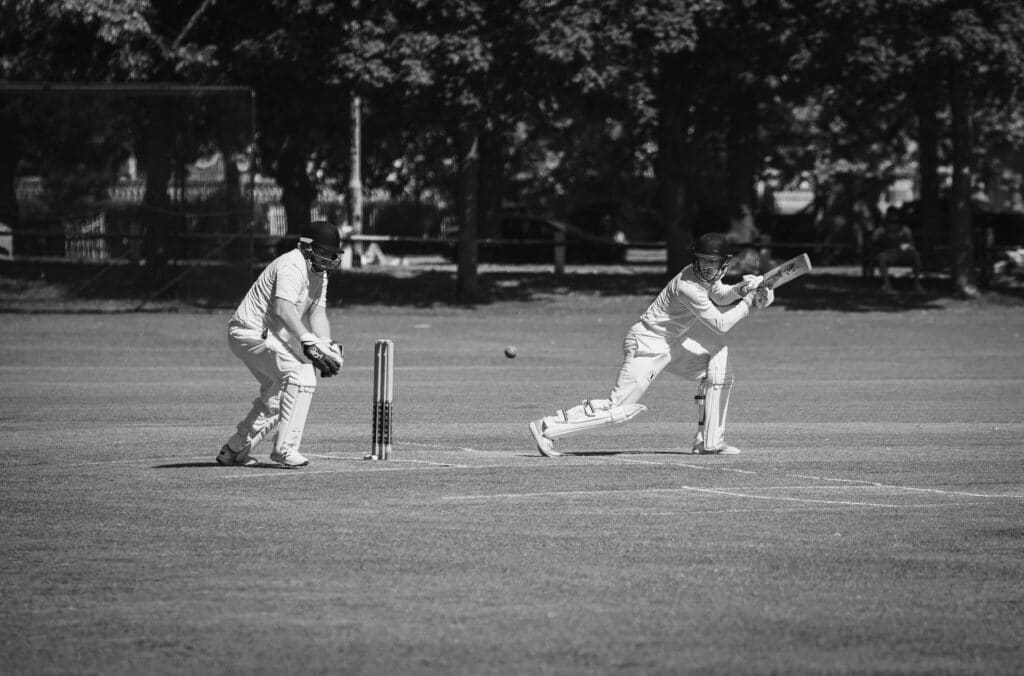Training principles – Peak performance
What we’ll cover
Training principles – Peak performance
For most of us, training is a means to an end. Putting in hours of blood, sweat and tears pre game / pre race / pre event to make sure we can give it our best shot (or just survive!) Sarah Crosbie recently attended a Strength and Conditioning course and shares her training principles and insights for optimal performance.
Call us on 9571 6888 to maximise your training and ensure you are training effectively and safely.
Why do we need to train?
What is optimal or sub-optimal training? Could we train better or smarter?
Training helps us to improve our sporting performance. It allows us to be ready psychologically, physically, tactically (e.g team or race strategy) and technically ( e.g sport specific skills) to perform well. As physiotherapists, we specialise in helping you to understand and obtain optimal physical performance.
What are some of the key components of training?
The key components of physical preparation are:
Speed
Strength
Endurance
Flexibility
How does this fit with your current training program?
The inclusion of these four components gives us a balanced training program. Rarely does one sport or activity not involve a mixture of these attributes e.g. AFL involves all four , weightlifting involves a mixture of strength , speed and flexibility and soccer involves mainly speed and endurance but players also need a degree of strength and flexibility.
What training principles can I use to build a good training program?
Some other important training principles include;
Progressive overload: gradually and continually increasing training workload to allow for positive physical changes within our bodies. Hence avoiding a plateau of strength/speed/endurance or flexibility
Specificity: make your training specific to what you want to achieve e.g a runner should train with various running drills, swimmers with swimming drills etc.
Variety: change up your training drills to avoid boredom. This is mainly indicated for athletes who train 3-4 weekly.
Individualisation: make training specific to your individual personality
Recovery: appropriate training followed by appropriate rest allows for ‘super compensation’. This means the body should come back at a higher performance level post recovery.
Reversibility: as the old saying goes “if you don’t use it, you lose it”
All of that taken into consideration….the nitty gritty part of designing a training program involves logistics: Think of the acronym FITT V
Frequency: How often am I training?
Intensity: How hard am I training?
Type: What kind of training am I doing? Speed / Endurance / Strength / Flexibility
Time: How long am I training for?
Volume: How much training am I doing? E.g. how many sets and repetitions of exercises / drills
How do I map out my training program to make sure I don’t get injured?
Whilst it can seem complex and confusing, as physiotherapists we regularly encourage a training method called periodisation. Periodisation divides a training year/season into small manageable intervals. This training principle ensures that an athlete can hit peak performance at the most important stage of their season e.g. finals, competition time or even the Olympic Games!
The “periods” of periodisation could be ‘preseason , in season , off season’ or ‘pre competition , competition , transition’. Each “period” is split into “phases” ( e.g general conditioning or specific conditioning phase). Each “phase” is divided into “micro cycles” (weekly training load) , “meso cycles” ( monthly training load) or “macro cycles” ( a collection of a few meso cycles).
Some general training considerations for monthly or “meso/macro cycles” include:
Reducing training volume by 30-50% every 3-6 weeks to allow for super compensation ( i.e. training and recovery to enhance performance).
During competition or finals stage of the season, training volume is usually cut by about 40-70%. Fitness will have been built throughout the season hence at finals or competition stage it just needs to be maintained. Skill specific work and tactical play is of most importance. Hence high intensity sessions are still key, but their volume can be reduced.
Whether you are training for a specific event or even just every day tasks, follow these training principles to get the most effective and safe training program. Make an appointment with any of the Malvern East Physiotherapy team to optimise and revamp your training program. We would be delighted to assist you to reach your peak performance! Book online or call us today!














